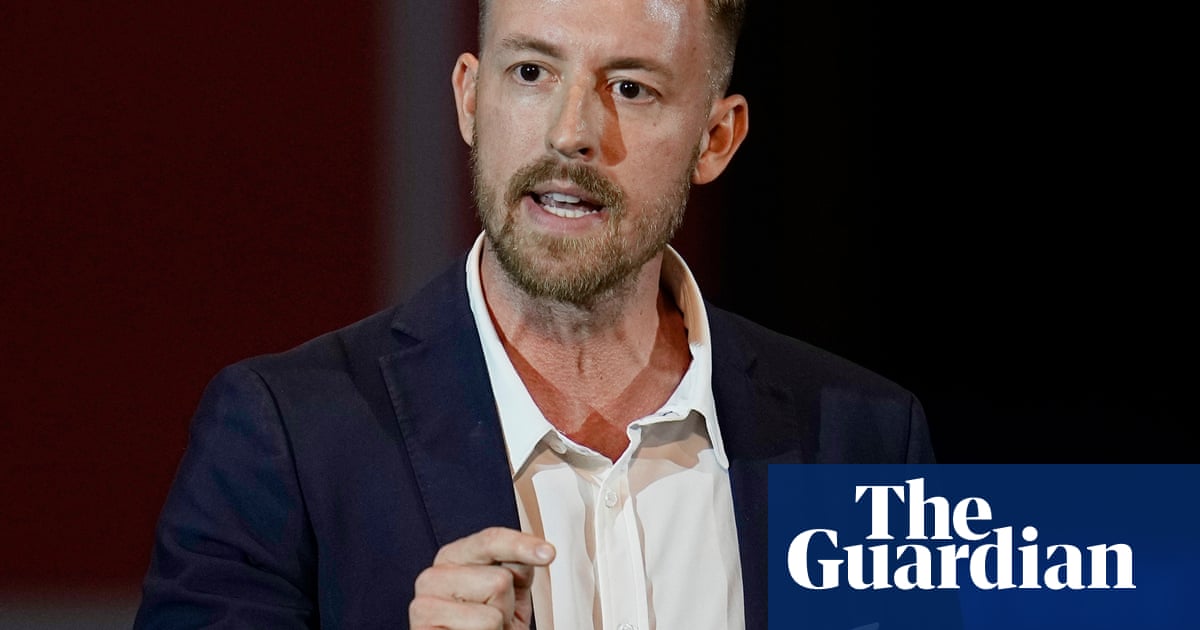The Covid-19 pandemic changed our world in ways we never expected. It highlighted deep inequalities, especially in our food systems. The loss of life and jobs was a tragedy we can’t ignore. This brings us to an urgent issue: avian flu, also known as HPAI H5N1. Ignoring the lessons from Covid-19 could lead to even bigger outbreaks in the future.
Right now, avian flu is primarily affecting birds, including poultry. Since 2022, it has impacted nearly 150 million birds, causing significant damage to farms. Alarmingly, the virus has also been found in mammals and can spread between them. In 2024 alone, there have been 102 human cases, with 10 reported deaths, suggesting a troubling fatality rate.
Of these human cases, about 70 occurred in the U.S., which means the global community is paying attention. Unfortunately, our response has not aligned with scientific recommendations. As Dr. Amesh Adalja, a senior scholar at the Johns Hopkins Center for Health Security, points out, “We have so many tools, but they’re not being used optimally.” This puts everyone at risk.
Currently, there’s no evidence of person-to-person transmission of avian flu, and experts say the immediate public health risk is low. But the time to act is now. Experts suggest that vaccinations, stronger public health measures, and international cooperation are essential to prevent future outbreaks.
The U.S. took a step back when Secretary of Agriculture Brooke Rollins announced plans to allocate $100 million for research and vaccine development, only to later state vaccines were “off the table.” This lack of action is concerning. In May, the administration even canceled a crucial contract with Moderna, aimed at developing a vaccination for humans against bird flu.
Virologist Scott Hensley from the University of Pennsylvania stresses the need for vaccines. He said halting vaccine development would be a big mistake. Fortunately, recent tests on an avian flu vaccine for cattle show promising results. Some countries, like China and France, have already begun vaccinating poultry.
Alternative strategies that don’t include vaccines concern experts greatly. Health Secretary Robert F. Kennedy Jr. suggested allowing the virus to spread through flocks to identify immune birds. Former Kansas state veterinarian Dr. Gail Hansen called this a “recipe for disaster.”
Dr. Adalja has been clear about the gravity of the situation. If this past year is any indication of how we might handle a real avian flu pandemic, he says we have failed. On a positive note, organizations like the World Health Organization (WHO) are working to improve international cooperation. They’ve been monitoring influenza viruses closely and recently agreed on measures to enhance outbreak readiness.
However, recent U.S. decisions, such as pulling out of the WHO, hamper our ability to prepare for health crises. Dr. Adalja reminds us that viruses do not respect borders. Protecting public health should take precedence over politics. It’s crucial to sound the alarm and push for a future where we can respond better to such threats.
Source link
vaccines,public health,zoonoses





















